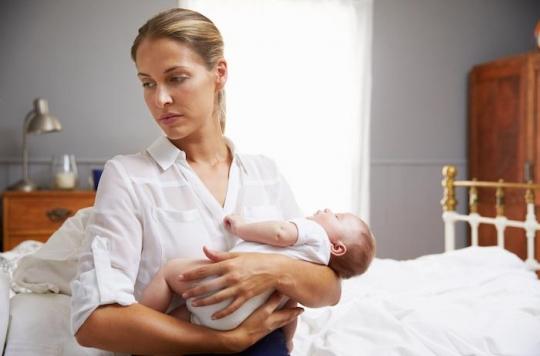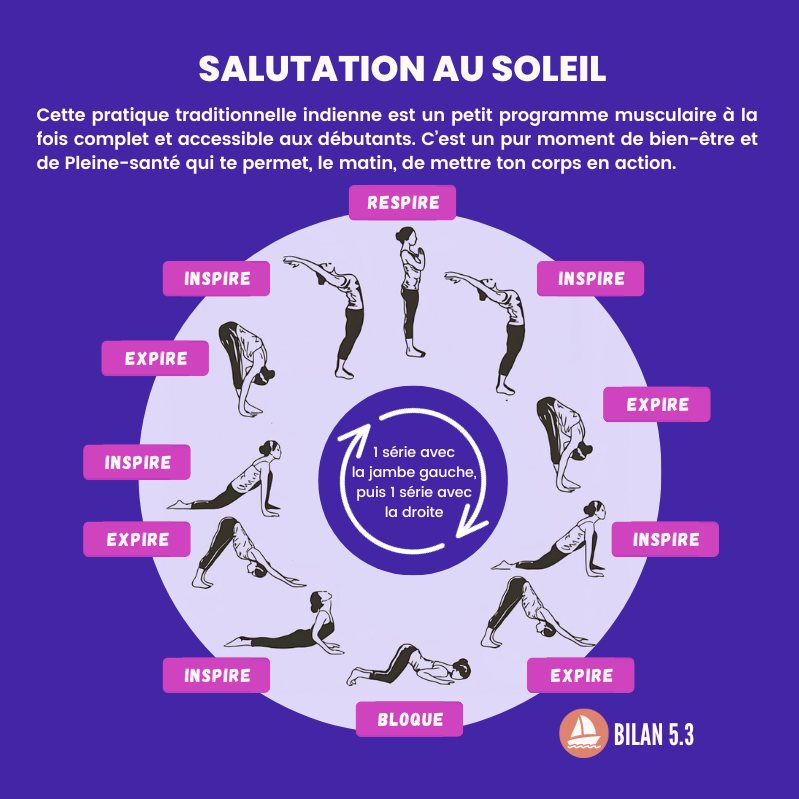Pregnant women who have not been exposed to enough daylight in their last trimester are more likely to develop postpartum depression.

While it is well known that the sun is good for the health and morale of human beings, it is not yet clear to what extent it can impact the mental health of pregnant women. However, according to an American study published Thursday, September 27 in the Journal of Behavioral Medicine, women who lack natural light in their last trimester are much more likely to develop postpartum depression than others.
Deepika Goyal of the University of San José and her colleagues at the University of California analyzed the cases of 293 Californian women pregnant with their first child who had participated in two clinical trials on sleep after pregnancy. The amount of daylight to which the participants had been exposed during their last trimester, their “depressive history”, their age, their socioeconomic status and their sleep patterns, were specified in these data.
The researchers were able to observe that exposure to natural light during the last month of pregnancy and just after birth had a major influence on the mental health of pregnant women. Thus, those who had the right to the longest sunny days had the least risk of developing depression after childbirth (26%) while those who gave birth during the shortest days had 35% more risk.
Postpartum depression affects 10-15% of mothers
“In women who had their first child, the length of a day during the third trimester, especially when the days were getting shorter, was associated with depressive symptoms,” said Deepika Goyal, lead author of the study. This is why the latter suggests exposing women to as much light as possible during their third trimester in order to avoid a risk of postpartum depression during the first three months of their baby’s life. In addition, women who already feel depressed during the last weeks of their pregnancy should go outdoors as much as possible or undergo light therapy, advises Deepika Goyal.
Not to be confused with the simple baby blues, postpartum depression is a postnatal disorder that affects 10 to 15% of mothers. Affected women tend to have difficulty falling asleep, and therefore to be permanently tired, irritable and anxious. This affliction most commonly occurs within four or six weeks of childbirth. Its symptoms should be taken seriously and treated as quickly as possible. Otherwise, they can last a year or two and increase the risk of relapse in subsequent pregnancies.
Exercise outdoors as much as possible
This is why, in order to avoid reaching this point, “women should be encouraged to be regularly exposed to daylight during their pregnancy in order to increase their level of vitamin D (essential to fix calcium from mother and child) and suppress the hormone melatonin (the level of this hormone linked to sleep doubles in pregnant women and in large quantities it tends to cause fatigue, dizziness, drowsiness, headaches and even temporary depression), “says Goyal, who said doctors should also recommend that their patients exercise more, as is reasonable, of course.
Daily walks throughout the day can help improve mood much more effectively than shopping or jogging on a treadmill in a gym. A dawn or evening stroll can also relax but will be. less effective in terms of vitamin D or melanin, ”she explains.
Remember, however, that pregnant women must protect their skin well from the sun. To avoid the mask of pregnancy (pigmented patches that appear on the forehead, around the eyes and above the upper lip), and the appearance of stretch marks, remember to nourish your skin well and moisturize it. And if there are circulation problems in your family, protect your legs as much as possible to avoid the appearance of varicose veins.
.














